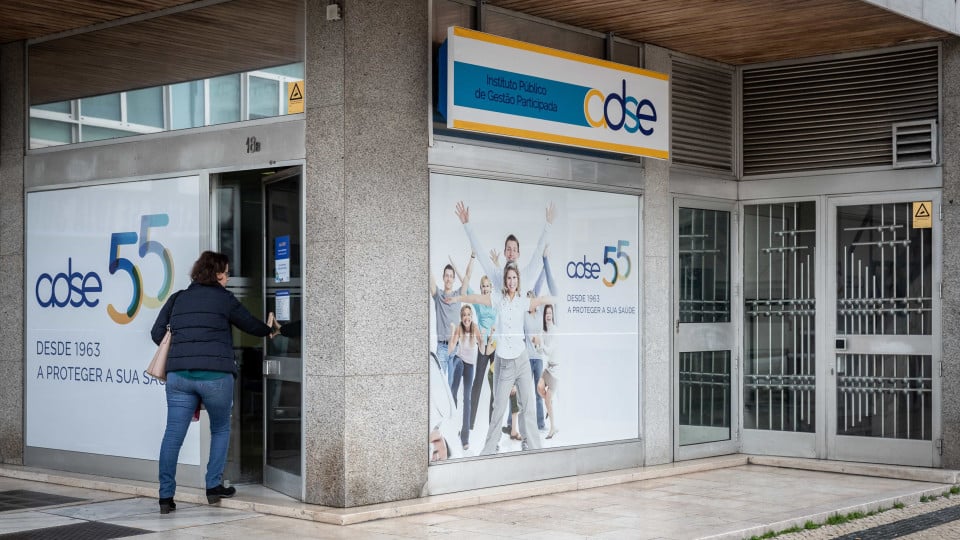The new ADSE tables for free regime transportation, an area in which evidence of fraud was found, and for intraoperative prostheses under the agreement come into force on June 1, with the latter entailing no additional costs.
“ADSE’s Board of Directors announces that it has updated the transportation table for the free regime. The new table comes into force on June 1, 2024,” it said in a statement.
ADSE stressed that it had encountered “very high costs” in the management of transport services, especially journeys in which the total kilometers traveled “are undoubtedly higher than the kilometers actually needed”.
The current table does not show maximum reimbursement amounts.
On the other hand, ADSE also found “huge discrepancies” in the amounts charged to beneficiaries by transport companies, namely in components such as “departure tax”, “waiting time” and “value per km”.
“The situations mentioned above indicate acts of abuse and fraud to which ADSE cannot remain oblivious,” he noted.
ADSE has therefore decided to adopt measures to control expenditure, announced on its portal.
The new table, which already has a maximum reimbursement amount, provides for all costs to be covered, for example, in the case of ambulance or VDTD (dedicated patient transport vehicle) transportation for hemodialysis patients, cobalt therapy, paramyloidosis and hemophilia, taking into account the departure tax, the value per km or the waiting time.
The minimum reimbursement provided for in the table is 60%, in the case of the value per km for rental cars or the waiting time, for journeys of more than 50 km and up to two hours.
ADSE has also decided to update the prices and rules of the intraoperative prostheses table, included in the agreement, which will come into force at the same time.
This update does not involve any costs for the beneficiaries, given that the prostheses are fully funded.
However, ADSE estimates that the financial impact of updating the intraoperative prostheses table will increase the expenditure borne by this health subsystem by 206,882.17 euros.
The changes are intended to simplify procedures, increase the predictability of spending, improve the efficiency of operating income and combat possible abuses, he explained.
With regard to the setting of maximum prices, ADSE explained that initially a fixed price list was implemented for these prostheses, but in response to requests from small providers, a rule was introduced that allowed the invoice for the materials to be presented whenever the purchase price was higher than the fixed price.
However, it was the large providers who submitted a high number of invoices.
“[…] ADSE found that there were price variations of more than 100% and up to 200% for the same intraoperative prostheses, from the same supplier with the same intraoperative device code,” he pointed out.
Of particular note is the introduction of a rule stating that ADSE does not reimburse medical devices that are not included in the table, except in exceptional situations, when their use is “imperative” for the patient’s health.
The provider is also now obliged to inform the beneficiary in advance of the non-reimbursement of a medical device that is not on the table or whose request is “rejected by the ADSE clinical department”.









